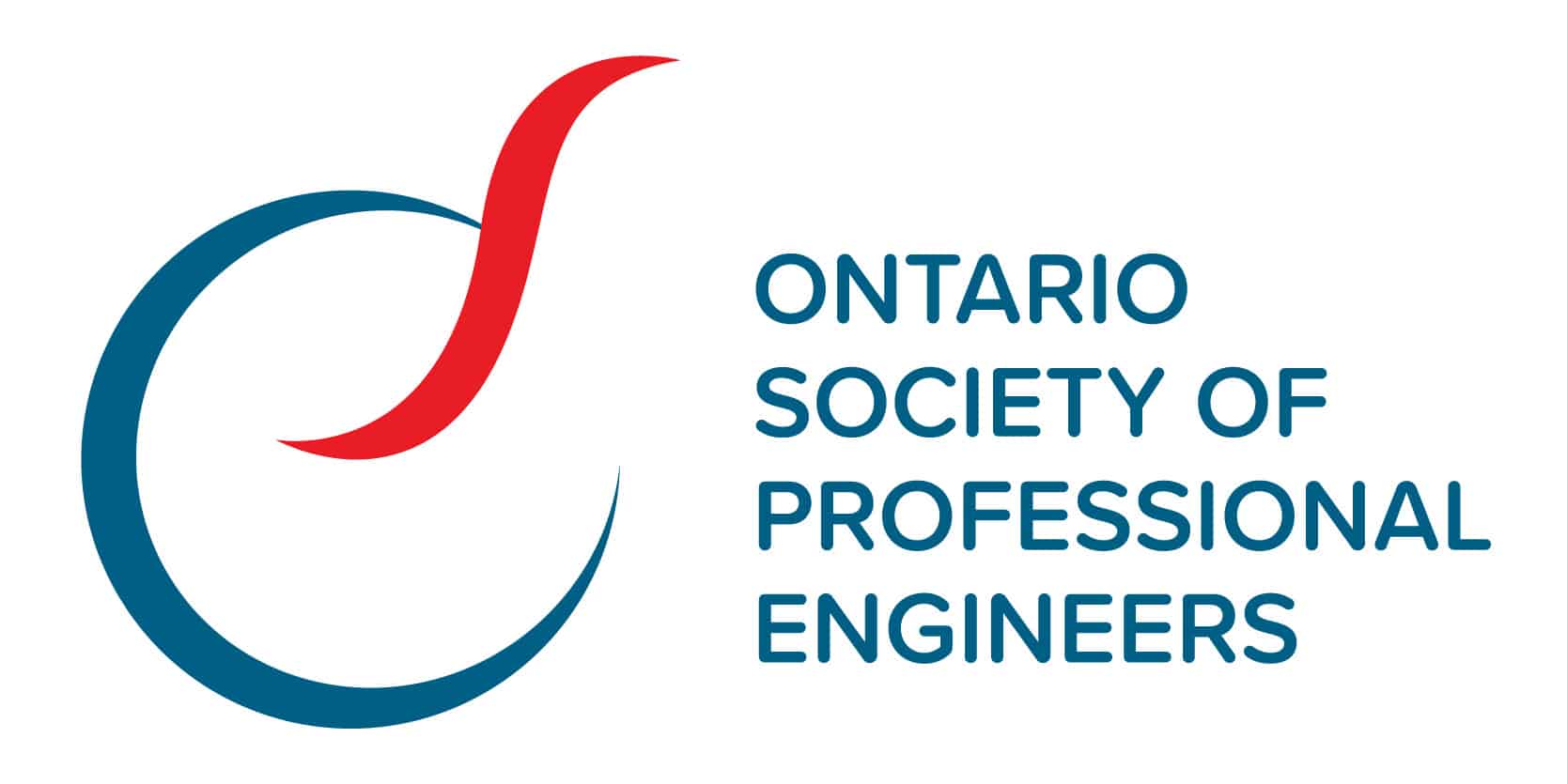
As National Engineering Month progresses, we’re connecting with Carol Chan, Audrie Tanoko and Andrea Bellingham to find out what it’s like to be CNSC power reactor site inspectors, working at the Darlington Site Office.

Carol Chan (left), Andrea Bellingham (middle) and Audrie Tanoko (right) stand outside wearing hardhats and jackets with the CNSC logo, with a tall power reactor in the distance.

Andrea Bellingham (left), Carol Chan (middle) and Audrie Tanoko (right) stand in the site office in front of a plaque bearing the CNSC logo.
How did you get into the nuclear field?
Audrie Tanoko, Power Reactor Site Inspector:
“The nuclear field is stereotypically a male-dominated field. Despite this, my brother piqued my interest by explaining to me how a nuclear power plant works when I was applying for university. Sure enough, I enjoyed my undergraduate study in Health Physics and Radiation Science, and I found that the CNSC is the perfect place for me to apply what I learned to ensure the health and safety of Canadians.”
Andrea Bellingham, Power Reactor Site Inspector:
“Math and science are hobbies to me in the same way that I consider sudoku puzzles a fun and relaxing activity. At Ontario Tech University, I pursued Nuclear Engineering because it was the perfect balance of the two subjects. This led me to complete a technical co-op program with the CNSC, where I have continued my professional career. “
Carol Chan, Power Reactor Site Office Supervisor:
“At the University of Waterloo, I was one of two women who graduated from the Geological Engineering program with an environmental option. When I learned that nuclear energy is considered green energy, it really stood out to me, so I started my career in the nuclear industry. With more than 20 years of experience at the CNSC, I have realized that the work we do really does make a difference.”
What do power reactor site inspectors do?
Carol Chan, Power Reactor Site Office Supervisor:
“As CNSC site inspectors, we have full access to the nuclear power plant station to conduct field activities that include:
- observing activities related to radioactive waste management
- observing commissioning activities related to the production of new medical isotope technologies
- going into the main control room where power plant operations are monitored and interacting with certified operators
- verifying that workers are following station procedures and expectations to ensure safety
- ensuring that nuclear emergency response procedures are strong, and workers are applying important lessons learned from previous nuclear events“
Do you have a CNSC site inspector uniform?
Audrie Tanoko, Power Reactor Site Inspector:
“It all depends on the day and the type of activity we are doing. One day we could be wearing inspector shirts, conducting a station walkdown with hard hats, hearing protection and safety footwear. Other days we could be wearing full plastic suits, respiratory protection and boot covers to access a shutdown reactor. We wear business-casual attire when writing reports and meeting with nuclear power plant staff in the office.”
How do CNSC site inspectors commit to continuous learning?
Andrea Bellingham, Power Reactor Site Inspector:
“Continuous learning by site inspectors can be found in the following ways:
- staying on top of advancements and changes in technologies, such as small modular reactors, by attending international workshops and technical seminars
- seeking opportunities to learn from and collaborate with others to enhance our own expertise, knowledge and skills
- applying operating experience and lessons learned to enhance organizational procedures and processes
- participating in outreach activities with Indigenous Nations and communities and the public by sharing the skills and knowledge we’ve gained throughout our careers”
Final thoughts?
Carol Chan, Power Reactor Site Office Supervisor: “Every day is different when you are a power reactor site inspector. It’s an exciting time in the nuclear sector, with new medical isotope technologies, small modular reactors, and the refurbishment of existing reactors. There is always something new to learn and explore as the nuclear sector keeps evolving.”
Learn. Grow. Thrive. Together.
National Engineering Month is Ontario’s platform for celebrating the remarkable world of engineering. With a dynamic mix of insightful discussions, industry expertise, and diverse viewpoints, we’re showcasing the best of the profession. Join us in advancing engineering excellence, igniting interest in future professionals, and recognizing the vital role engineers play in society. Be a part of the #NEM2024 experience by attending an event. Explore all the exciting details at nemontario.ca.


